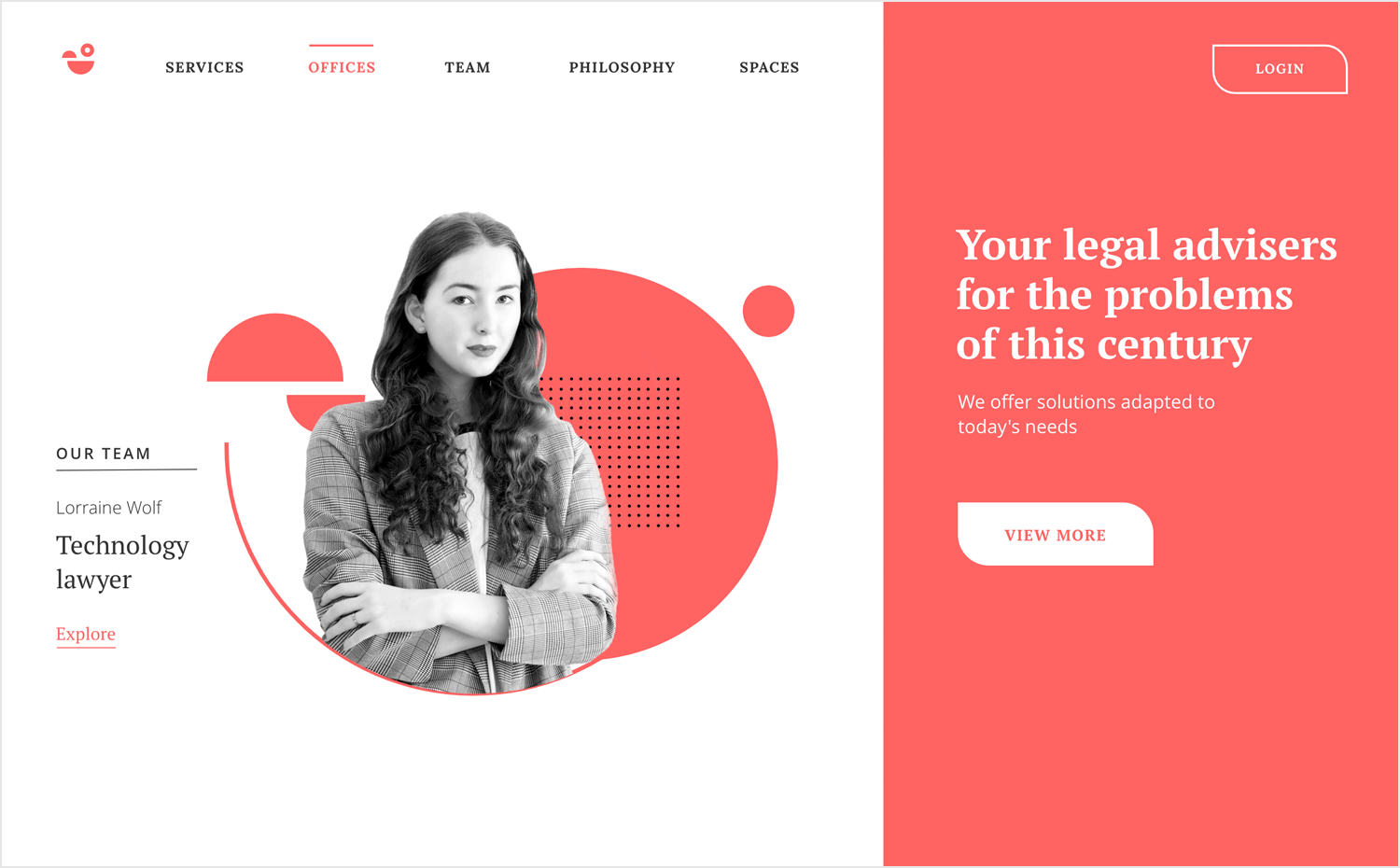Complete Website Design Services for Blogs
Complete Website Design Services for Blogs
Blog Article
Leading Tips for Developing an Impactful Site Layout That Converts
To accomplish this, one have to take into consideration a range of aspects, consisting of understanding the target audience, prioritizing customer experience, and maximizing for mobile systems. The tactical use of compelling call-to-actions and a distinct visual hierarchy plays a vital duty in leading customers with their journey.

Understand Your Target Market
Recognizing your target audience is essential to efficient web site design, as it prepares for creating an engaging customer experience. Recognizing that your users are, including their demographics, preferences, and behaviors, allows designers to customize the site's content, layout, and capability to fulfill specific demands.
Conducting complete marketing research is essential in this process. Studies, meetings, and analytics can supply beneficial understandings right into customer expectations and pain points. By compiling this data, designers can produce individual characters that represent different sections of the target market, ensuring that layout decisions are educated and appropriate.
Furthermore, recognizing the target audience helps in picking suitable style components such as shade systems, typography, and imagery that reverberate with users. A web site that speaks straight to its target market promotes a sense of link and trust, urging longer brows through and greater conversion prices.
Ultimately, a user-centered technique to internet site style not only enhances user contentment yet additionally sustains organization purposes by driving interaction and commitment. By prioritizing the needs and choices of the target market, a site can effectively offer its function and achieve desired outcomes.
Prioritize User Experience
To improve the total efficiency of an internet site, focusing on user experience (UX) is important (Website Design). A well-designed UX makes certain that site visitors can browse the website easily, find information swiftly, and engage with content meaningfully. This results in boosted customer satisfaction and greater conversion rates
Begin by applying user-friendly navigation. Menus needs to be realistically structured, permitting individuals to situate key locations of the website with very little effort. Consistency in style aspects, such as color systems and typefaces, cultivates familiarity, which is important for maintaining customer involvement.
In addition, consider the loading speed of your internet site. A hold-up of just a few secs can result in significant drop-offs, as users are much less most likely to wait for a slow-loading page. Enhancing pictures and optimizing code can boost efficiency and retain site visitors.
By prioritizing user experience, you not only create an extra satisfying environment for visitors but additionally enhance your brand name's reputation. Inevitably, a focus on UX is a financial investment in the long-term success of your website.
Optimize for Mobile Tools
Enhancing for mobile tools is crucial in today's digital landscape, where a raising number of users gain access to web sites with smartphones and tablets. A mobile-friendly layout not only boosts user experience however additionally plays a considerable function in enhancing internet search engine positions. To attain this, it is important to embrace a receptive style that automatically adapts to numerous screen sizes and positionings.

Loading speed is another important factor; mobile customers are usually much less patient and expect quick accessibility to details. Maximize images and leverage browser caching to boost efficiency. Ultimately, test visit homepage your internet site on several gadgets and screen resolutions to determine and fix any type of potential use problems. By prioritizing mobile optimization, you guarantee that your website stays affordable and successfully engages a wider audience.
Use Compelling Call-to-Actions
A site's effectiveness commonly rests on its capability to direct visitors towards wanted actions, making engaging call-to-actions (CTAs) necessary elements of layout. CTAs act as the crucial factors that route customers to involve with the website, whether that indicates buying, enrolling in an e-newsletter, or downloading a resource.
To create efficient CTAs, quality is paramount. Use succinct language that plainly connects the action you want the individual to take.
In addition, the layout of CTAs should stand out without being meddlesome. Employ contrasting shades and clear typefaces to guarantee they record interest. Additionally, consider utilizing directional cues, such as arrows or pictures, to assist individuals toward these buttons. By concentrating on these components, services can dramatically boost individual engagement, driving conversions and inevitably accomplishing their internet site's objectives.
Focus on Visual Power Structure
Effective website design relies heavily on a well-structured visual hierarchy that guides individuals with material seamlessly. By arranging elements in a fashion that focuses on information, designers can improve customer experience and promote decision-making. This entails using size, shade, comparison, and redirected here spacing tactically to draw attention to the most crucial components of a web page.
Using bigger font styles for headings and subheadings establishes a clear distinction between different areas, allowing customers to check content effortlessly. Furthermore, using contrasting colors for buttons and calls-to-action can catch customer focus and urge communication. Whitespace is one more important element; it prevents clutter and makes it possible for individuals to concentrate on key messages without disturbances.
Photos and graphics should match the message while additionally adhering to the well-known hierarchy, enhancing the general message (Website Design). Uniformity in design components, such as color pattern and typography, further enhances the aesthetic power structure, making navigating user-friendly

Conclusion
In final thought, reliable website design demands a detailed understanding of the target audience, prioritization of individual experience, and mobile optimization. Ultimately, a well-executed site style serves as a vital part in driving customer actions and accomplishing company goals.
Report this page